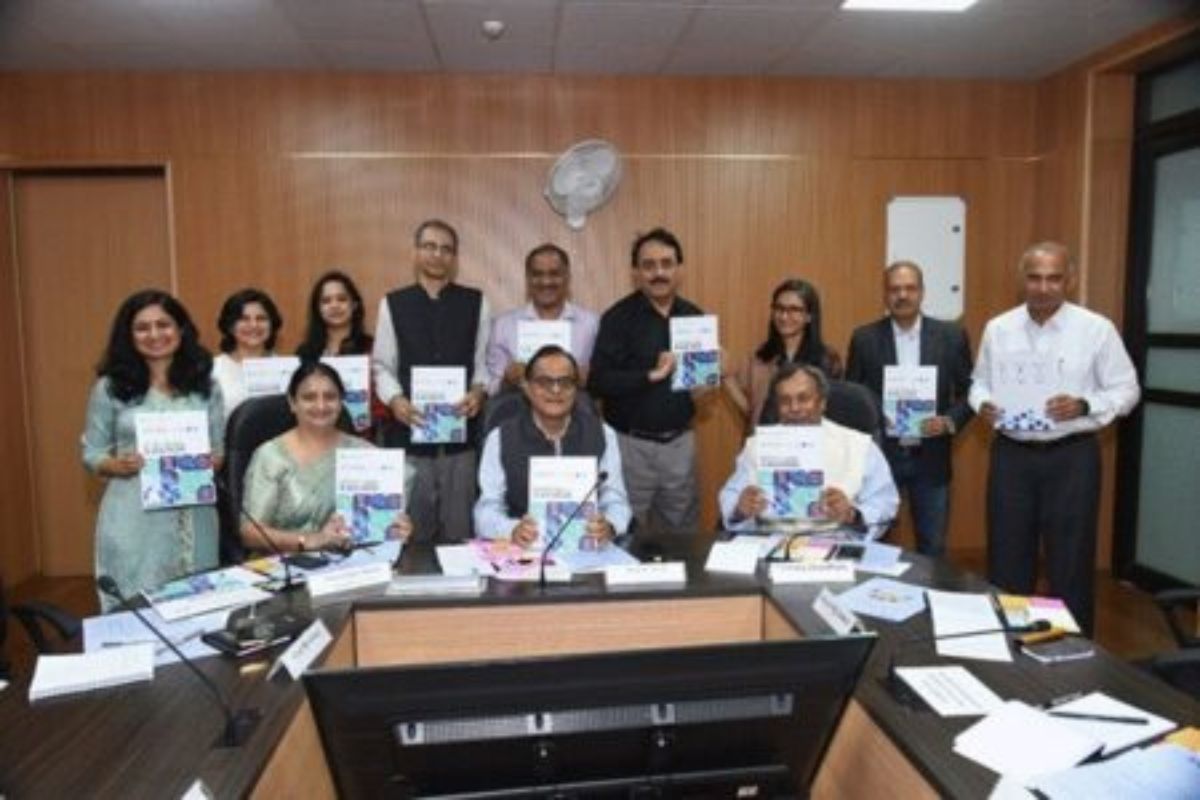Principal Scientific Advisor to the Government of India Prof Ajay Kumar Sood chaired the first joint Science and Technology (S&T) Clusters’ meet held on October 26-27 in Jodhpur, Rajasthan.
The meeting was organised by the Jodhpur City Knowledge and Innovation Foundation (JCKIF) and was hosted by the Indian Institute of Technology (IIT), Jodhpur.
Advertisement
Launched in 2020, the City S&T Clusters is a flagship initiative of the Office of the Principal Scientific Adviser to the Government of India, established on the recommendation of the Prime Minister’s Science, Technology, and Innovation Advisory Council (PM-STIAC).
This initiative aims to tackle local challenges through S&T interventions by bringing together academia, R&D institutions, industries, startups and local governments.
Currently, there are seven S&T clusters operating in Bengaluru, Bhubaneswar, Delhi, Hyderabad, Jodhpur, Pune, and the recently established Northern Region Cluster in Chandigarh, all working together to find solutions to regional issues through collaborative efforts.
In his keynote address, Prof Sood highlighted that the S&T clusters are a unique initiative of the Office of the Principal Scientific Adviser to the Government of India, focusing on the translational aspects of research.
While noting the collective strength of the clusters, he highlighted their potential to address regional challenges through synergistic S&T interventions.
He hoped that with the Clusters coming together in this Joint Clusters’ Meet, more cross collaborating projects that are interdisciplinary and aligned with the national priorities will be taken up.
However, he emphasized on the need for the clusters sustainability in the long-run and therefore it is important that each cluster works towards their sustainability plan.
Referring to the recently announced draft National Deep Tech Startup Policy, Professor Sood suggested that clusters could collaborate effectively with Deep Tech startups operating under this policy framework.
Dr Parvinder Maini, Scientific Secretary, Office of Principal Scientific Adviser to the Government of India, in her address said: “Clusters have ignited entrepreneurship and innovation across the globe and have helped in breaking the boundaries of institutions.”
She highlighted the S&T clusters’ role as shared ecosystems and regional solution providers, while promoting competitiveness on both national and global scales.
Dr Maini emphasised the prominent role S&T clusters can play in boosting India’s Global Innovation Index (GII) and contributing to the global economy.
Further, Dr Maini underlined the significance of the Joint S&T Clusters’ Meet as a platform for knowledge exchange, facilitating the sharing of best practices from established clusters to newer ones, and fostering an environment of mutual learning and growth among all clusters.
The two-day meet witnessed in-depth discussions on identified themes and opportunities for interdisciplinary collaboration among clusters. The themes included: Healthcare, Energy and Environment, Agritech and Nutrition, STEM Education, Livelihood through S&T, and NorthEast Impact & Industry 4.0.
In the two-day meet, participants had the opportunity to witness technological innovations and breakthroughs, ranging from AI-driven solutions to sustainable energy initiatives.
Students of IIT-Jodhpur also presented cutting-edge technologies and research in the field of medical technology. Prof Sood also launched a healthcare compendium focusing on deployable technologies.
